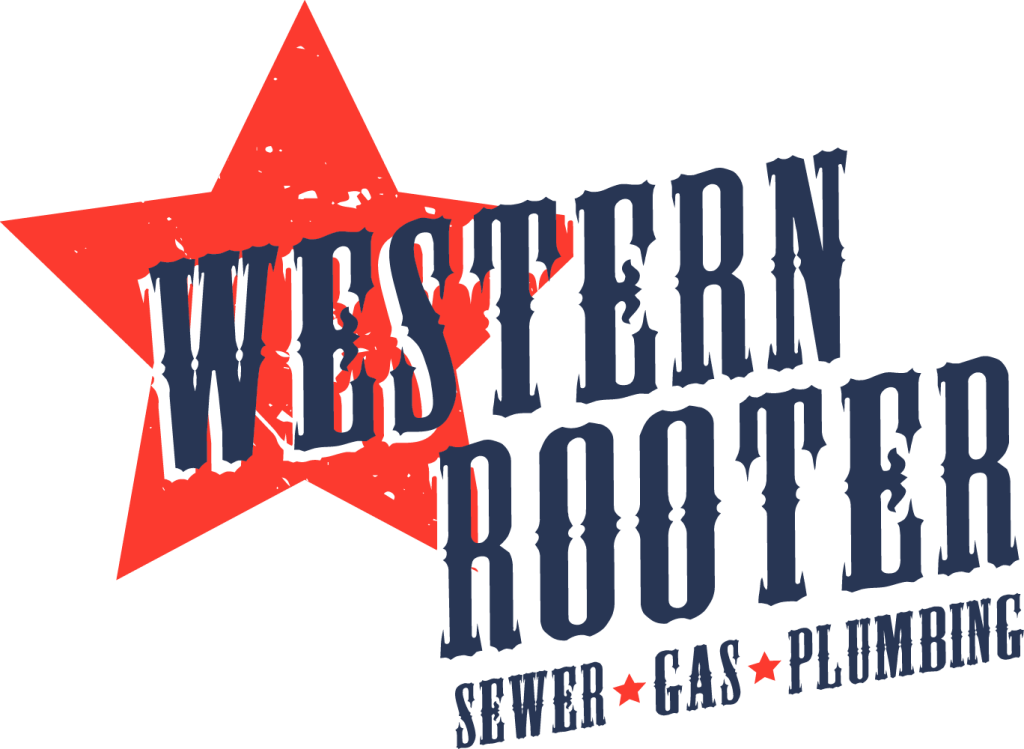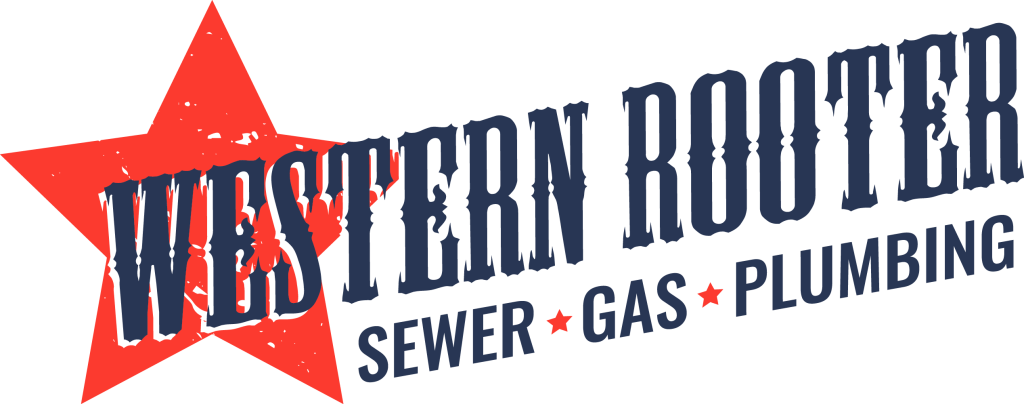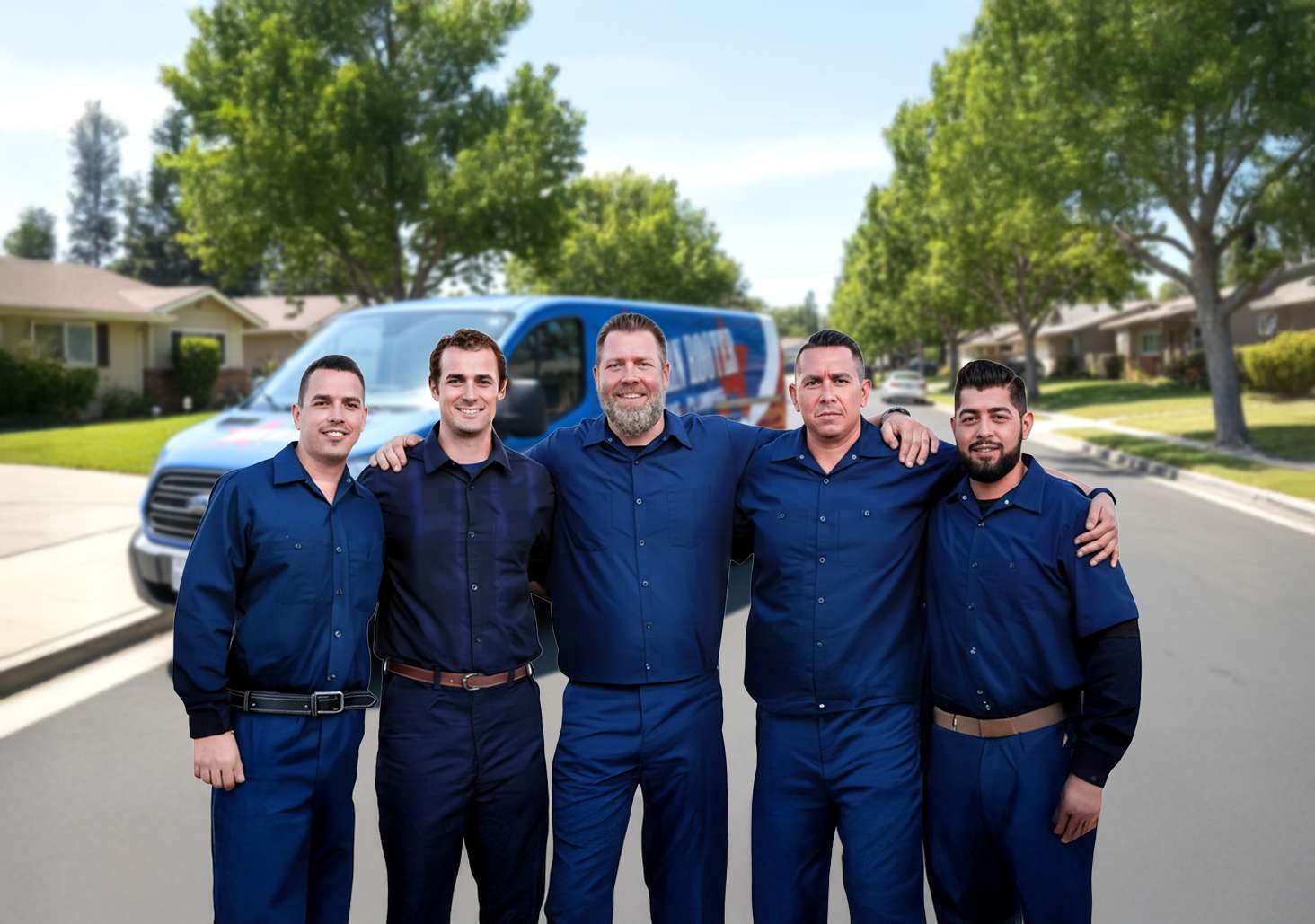What's a grease trap, and do I even need one?
Simply put, a grease trap is a receptacle that kitchen wastewater flows through before entering the sanitary sewer lines. This receptacle captures, or “traps” grease. Grease traps are not always necessary, but in some cases they are not only necessary but also extremely useful.
- Restaurants, coffee shops, bakeries, etc.
- Commercial food processing plants
- Some residential homes
- Commercial complexes
How does a grease trap work?
Grease, the industry term for animal fats and vegetable oils, is 10 to 15% less dense, or lighter than water. Grease is also immiscible with water, which is to say it does not mix with water. Thus, grease and oils float on water. When kitchen wastewater flows through a grease trap, the grease and oils rise to the surface and are trapped inside the receptacle using a system of baffles.
The captured grease and oils fill the trap from the top down, displacing “clean” water out of the bottom of the trap and into the sanitary sewer line.
Do I need a grease trap for my business?
Many cities and local municipalities require a grease trap for commercial restaurants and large food processing plants because they are an excellent and environmentally-friendly way to reduce the amount of grease in the sewer system.
If you are in one of these cities with a commercial grease trap requirement law, you can and will be fined if a backup in the sewer system is found to have been caused by a backup of grease which can be traced back to your restaurant or plant. Grease trap installation is something you should be talking about with your board members or executives if you don’t already have one installed.
How often do grease traps need to be cleaned?
Depending on the size of your grease trap, it is safe to perform regular grease trap cleaning on it every one to three months. Facilities with a higher production volume, such as very busy restaurants or large plants for food processing or waste management, should clean their grease traps every one to two months to prevent excess backup in the sewer lines – which will lead to fines.



